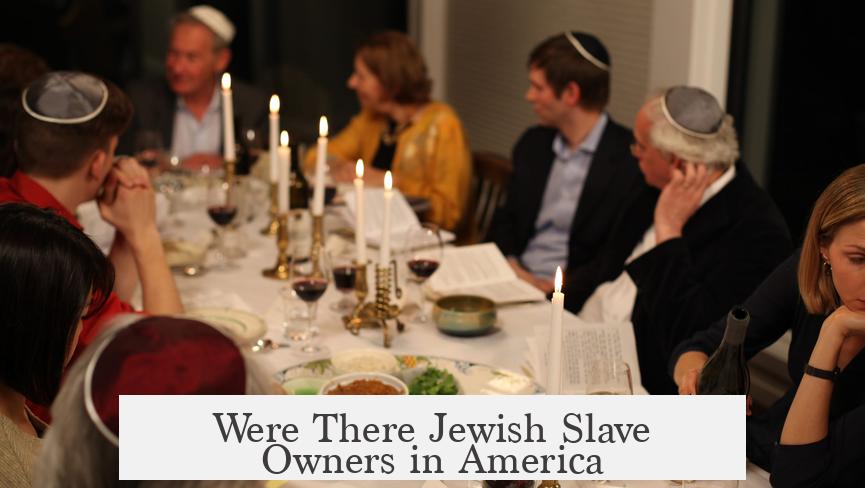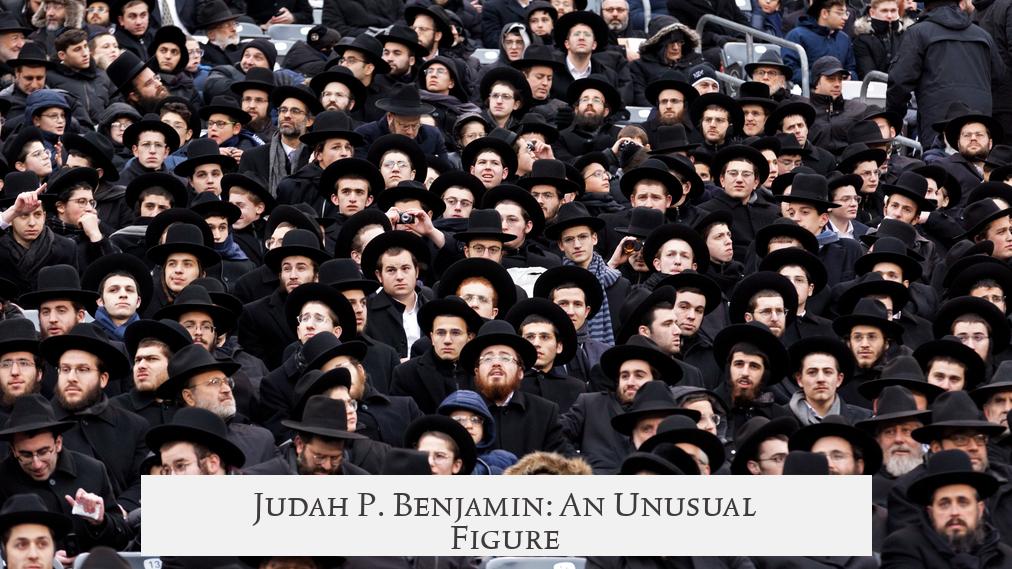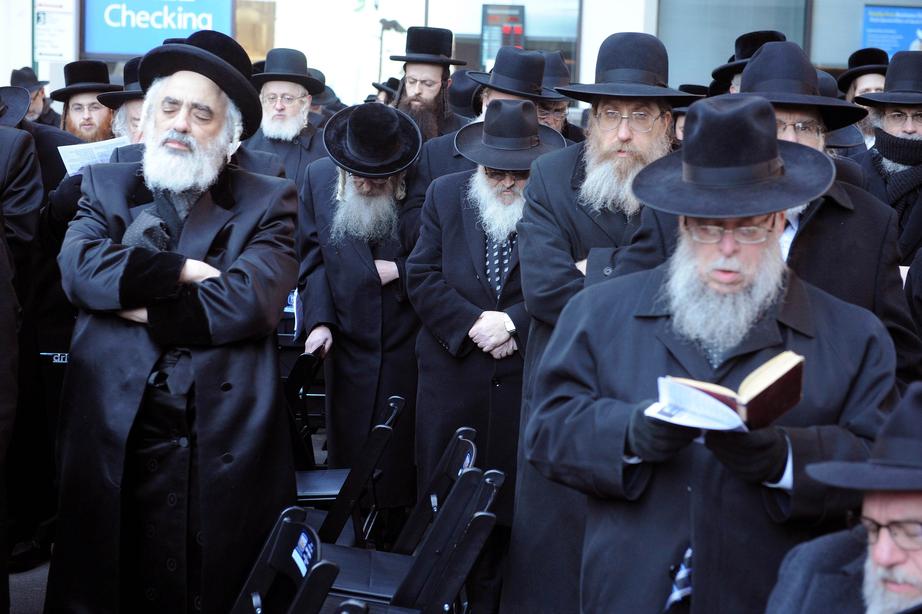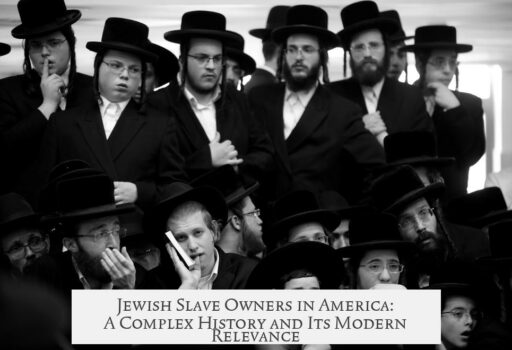Yes, there were Jewish slave owners in America, predominantly small-scale owners rather than large plantation holders. Many Jewish slave owners possessed one or two slaves who worked in their businesses or served domestically. Large-scale Jewish plantation ownership was rare, with only a few documented cases such as Judah P. Benjamin, who owned a plantation with 140 slaves until 1850.
Jewish merchants, like their non-Jewish counterparts, bought and sold slaves as part of broader commercial activity. The Jewish community in America before the late 1800s was relatively small and assimilated, especially in the South. As a result, Jewish attitudes and behaviors often mirrored those of their non-Jewish neighbors, including participation in slavery.
The treatment of slaves by Jewish owners varied widely. Some showed comparatively better treatment and sought to manumit slaves when the law allowed. Others were less kind, similar to trends seen across all slave-owning communities. Jewish opinions on slavery were divided as well; for example, Rabbi Morris Raphall published a notable article defending slavery based on Jewish law, illustrating complexity in perspectives.
The context of Jewish life in antebellum America shapes this history. Before mass Jewish immigration in the late 19th century, American Jewry was small and largely integrated into mainstream society. Therefore, Jewish involvement in slavery reflected regional norms rather than distinct religious or cultural ideology.
| Aspect | Details |
|---|---|
| Scale of Ownership | Mostly small-scale; few large plantations owned by Jews |
| Roles in Slavery | Slave owners, merchants in slave trade, domestic and business use |
| Jewish Community Size (pre-1880s) | Small, assimilated, with no unified stance on slavery |
| Notable Jewish Slave Owner | Judah P. Benjamin – plantation owner and Confederate official |
| Slave Ownership Statistics | Approximately one-third of southern households owned slaves (1860 Census) |
- Jewish slave ownership existed but was mostly small-scale and business-related.
- Large Jewish plantation ownership was exceptional, not typical.
- Jewish opinions on slavery were varied; no consensus prevailed.
- The Jewish community mirrored regional attitudes prior to major immigration waves.
- Judah P. Benjamin stands as a significant example of a Jewish Confederate slave owner.
Were There Jewish Slave Owners in America?

Yes, there were Jewish slave owners in America. However, their presence and role in the institution of slavery were quite different from the large-scale plantation owners often associated with the South. Instead of vast estates with hundreds of slaves, most Jewish slave owners in America tended to be small-scale holders, often owning just a slave or two to assist in their businesses or homes.
This nuanced picture deserves a closer look. It can help untangle some common myths while shedding light on a complex and sensitive chapter of American history.
A Small-Scale Reality: Jewish Slave Ownership in Context

When we think of slave owners in the antebellum South, images of sprawling cotton plantations with hundreds of enslaved workers come to mind. Yet, very few Jewish Americans fit this mold. Historians confirm only a handful—literally two or three—Jewish plantation owners are documented. These were the elite exceptions, not the norm.
Most Jewish slave owners were merchants, shopkeepers, or professionals who owned slaves as domestic servants or to help with their businesses. Their ownership was often minimal and practical, rather than a reflection of deep-rooted plantation agriculture.
For example, merchants who bought and sold slaves did so much like they traded any other goods. This does not excuse the practice but rather shows that Jewish involvement mirrored the broader economic realities of the time.
Judah P. Benjamin: An Unusual Figure

One of the most notable Jewish slave owners was Judah P. Benjamin. He owned a large plantation with 140 slaves until 1850, a stark contrast to the typical Jewish slaveholder. Benjamin later became a Confederate cabinet secretary and Vice President, a figure embodying the intertwined complexities of race, politics, and identity in the South.
His prominence highlights how exceptions in history often attract the most attention, but they don’t define the entire group’s experience or actions.
Jewish Community and Slavery: The Social Fabric

Here’s a crucial point: the Jewish community in America before the late 1800s was small and quite assimilated. They often adapted to the prevailing cultural practices of their regions, including slavery in the South. There wasn’t a specifically Jewish stance on slavery at this time, as the community was more focused on survival and integration.
Jews in the South acted much like their non-Jewish neighbors—participating in economic structures, social customs, and political movements that shaped the era. In short, their Jewish identity did not provoke widespread opposition or support for slavery as a distinct group stance.
The Spectrum of Slave Treatment

When it comes to how slaves were treated, Jewish slave owners were no different than others. Treatment varied widely. Some owners showed comparatively better treatment and even manumitted their slaves when possible. Others were harsh and cruel.
So, it is important not to project uniform attitudes or morals onto any group, Jewish or non-Jewish. The experience of the enslaved varied greatly depending on many factors including individual owner attitudes, local customs, and economic considerations.
Diverse Jewish Opinions on Slavery
Jewish views on slavery in the 19th century were as divided as those in the broader American society. Take Rabbi Morris Raphall, for example. In an infamous article, he argued that Jewish law supported slavery. Such opinions lent some religious justification to the institution, even though many others in the Jewish population opposed slavery or were indifferent.
This internal debate reflects a broader tendency for religious and ethnic groups to wrestle with moral questions within their context, without clear consensus.
How Many Jews Owned Slaves?
Data from the 1860 census, available through historical archives like civilwarcauses.org, indicates that approximately one-third of Southern households owned slaves. Among Jewish families, the rate was significantly lower but still notable, mainly concentrated among small-scale rather than plantation owners.
These numbers show Jewish slave ownership existed but was mostly a modest aspect of the broader economic and social system, rather than a driving force behind it.
Why Does This Matter Today?
Understanding the reality of Jewish slave ownership challenges oversimplified historical narratives. It reminds us that history is rarely black and white. Individuals and groups are complex, often shaped by circumstances, pressures, and conflicting values.
It also highlights the importance of avoiding collective blame or absolution. The Jewish community in early America was diverse, with members acting across a wide spectrum of behaviors and beliefs concerning slavery.
Takeaway for Today’s Readers
- Recognize the nuance: The Jews in America’s South were sometimes slave owners but rarely large plantation operators.
- Understand the context: Small Jewish communities assimilated and adopted many Southern norms, including slavery.
- Appreciate the diversity: Opinions about slavery varied widely among Jews, as within any population.
- Think critically: Avoid stereotypes or broad generalizations when discussing historical groups and their involvement in slavery.
So, next time the question pops up—“Were there Jewish slave owners in America?”—you can confidently say, yes, but usually on a small scale and within the broader Southern context of the time. It’s a complex topic deserving careful thought, just like most parts of history.




